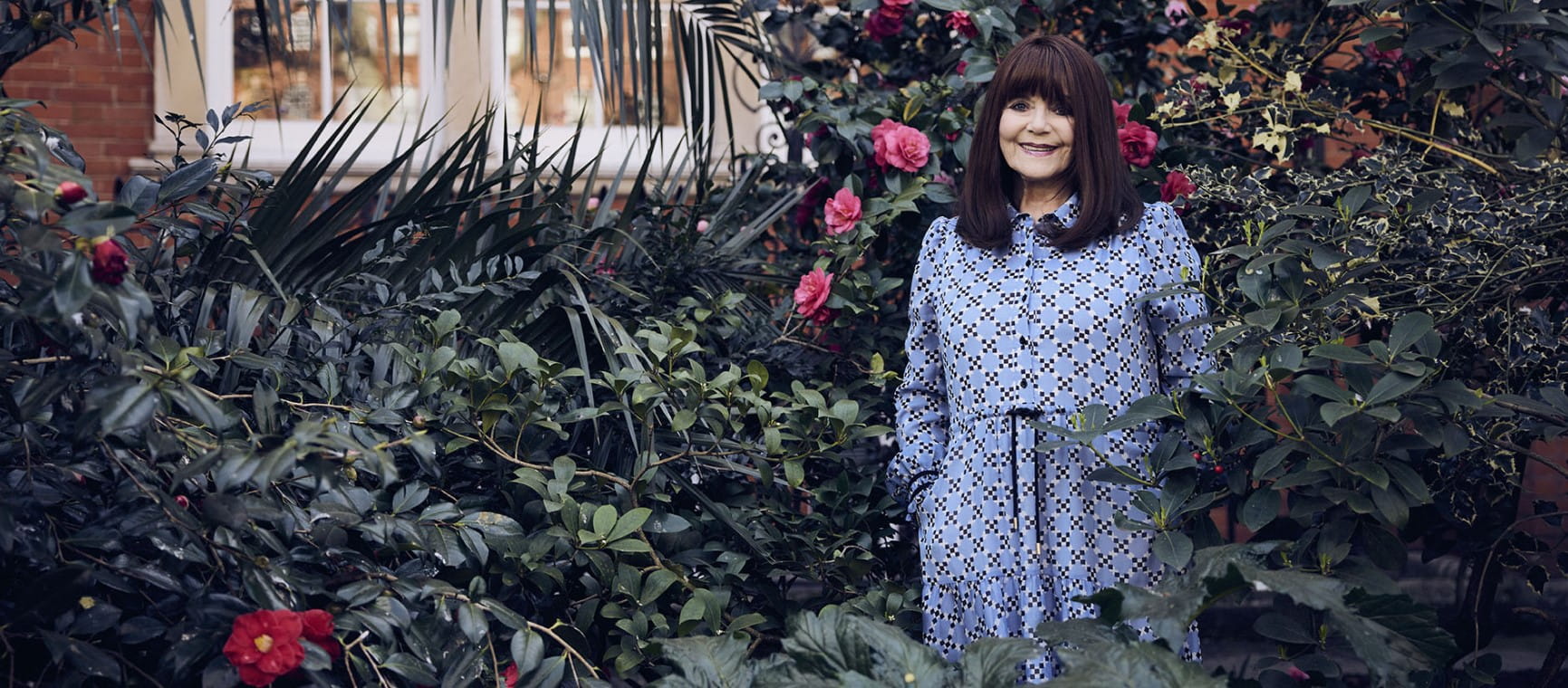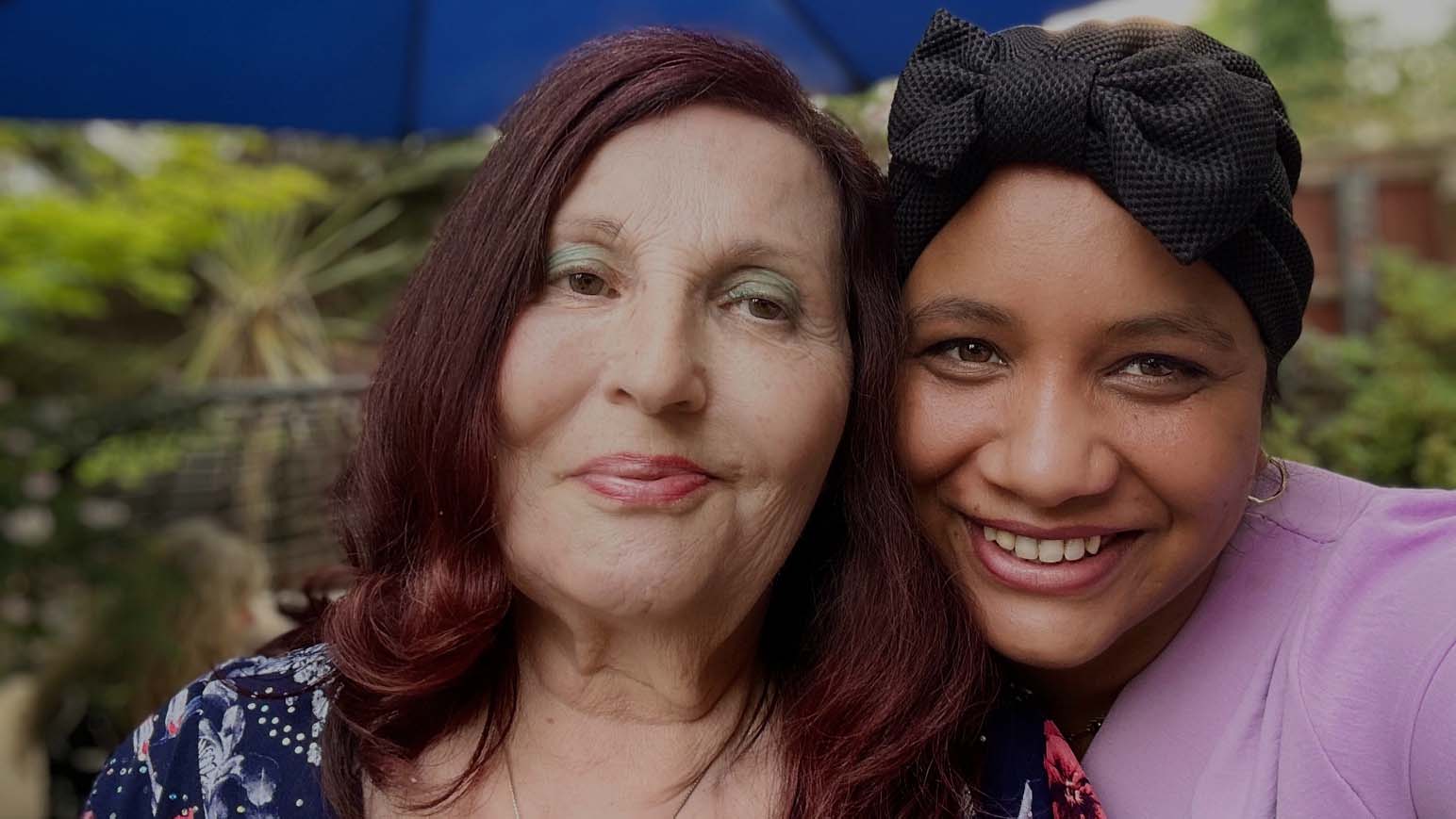"Gadsbudlikins!" Susie Dent on the evolution of swearing
Bodily functions, religion and even clothing have all been used as profanities over the centuries. Our columnist on the surprising history of swearing.

Bodily functions, religion and even clothing have all been used as profanities over the centuries. Our columnist on the surprising history of swearing.

Sometimes it’s easy to believe that we have become a nation of potty mouths. Swearing is freely available on TV, in the cinema, and on almost any UK high street. Which means it’s tempting to assume that we are turning the air blue like never before, and that almost any profanity, no matter how taboo, can be liberally sprinkled into conversation as readily as fillers such as ‘like’ or ‘basically’.
History offers a bit more perspective. As a linguist, I’ve been fascinated by the journeys of our swear words since they first appeared (mostly in the Middle Ages: the euphemism ‘he used a good old Anglo-Saxon word’ doesn’t actually fit in most cases).
Importantly, today’s biggest no-nos weren’t considered particularly offensive at the time; some were even freely used in gynaecological textbooks as straightforward anatomical descriptions (I’ve always relished the fact that the word ‘arseropes’ can be found in an early Bible as a translation of ‘intestines’).
By far the biggest offenders at the time involved religious blasphemy, resulting in a multitude of fig leaves in the centuries that followed such as ‘Crikey’, ‘Jeepers Creepers’, ‘Gadzooks’ (for ‘God’s hooks’; a reference to the nails of the cross), and ‘drat’ (‘God rot’).
As attitudes changed, bodily functions took over from religion as the richest source of expletives.
And for all their power to offend, we do like a good story when it comes to their etymology.
Probably the most famous explanation of the F-bomb involves the acronym ‘Fornicating Under the Command of the King’. It is said that, at times of plague, the monarch would ask couples to swiftly replenish the population, whereby they could post a notice outside their door marked simply with four letters to indicate they should not, by royal decree, on any account be disturbed.
It is nonsense, sadly, but such tales reinforce the fascination we still hold for ‘bad language’. What’s more, science is proving that swearing is actually good for us, reducing stress hormones and increasing our feel-good ones, thereby alleviating pain, stress, anger, and many other strong emotions. There is even a word for it: the relief we obtain from swearing is ‘lalochezia’.
It always strikes me as remarkable that, half a millennium on, we have yet to replace our biggest swear words. They have seen off some unlikely contenders, too.
The Victorians were particularly squeamish about the word ‘trousers’, for fear of mentioning what lay beneath, resulting in hilarious circumlocutions such as ‘sit-upons’, ‘unmentionables’, ‘inexpressibles’, and ‘round-me-houses’.
Still, should you wish to swerve any of the traditional taboos, there are other fiery outbursts from the past that you might lean on instead. ‘Gadsbudlikins!’ is one – a medieval euphemism, this time for ‘God’s body’ – and ‘damn my diaphragm!’ another.
These were joined at various times by ‘bust my gizzard!’, ‘dash my wig and trouser buttons!’, ‘dog bite my onions!’ and – a personal favourite – the Victorian ‘damfino’, delivered with a casual shrug as a more polite way of responding ‘damned if I know’.
One thing is for sure: profanity has been with us since ancient times – you only need to study some Roman graffiti to attest to that. But context is everything. Lalochezia may offer all kind of benefits the next time we stub a toe, but it pays to check your surroundings first.
As for whether we are headed for a swearing free-for-all, history suggests not. Then again, damfino.
Countdown Lexicographer, Saga Magazine columnist and author.
View author page
For a limited time, enjoy 3 issues of Saga Magazine for just £1. Receive the next 3 print editions delivered direct to your door, plus 3 months’ unlimited access to the Saga Magazine app—perfect for reading on the go.
Don’t miss your chance to experience award-winning content at an exceptional price.
.jpg?la=en&h=549&w=823&hash=85077D343B0A5A78958C76A24A1B44E8)



The joy of a first grandchild can also create new challenges. We've got the best advice on how to navigate becoming a first-time grandparent.

Dr Miriam Stoppard tells a woman whose new relationship lacks physical fire to allow time for the spark to build up into a blaze.




The power of age gap friendships - we share the benefits and how to make them.
.jpg?la=en&h=576&w=823&hash=4516D8557DC47B1E21444166FFB91605)

